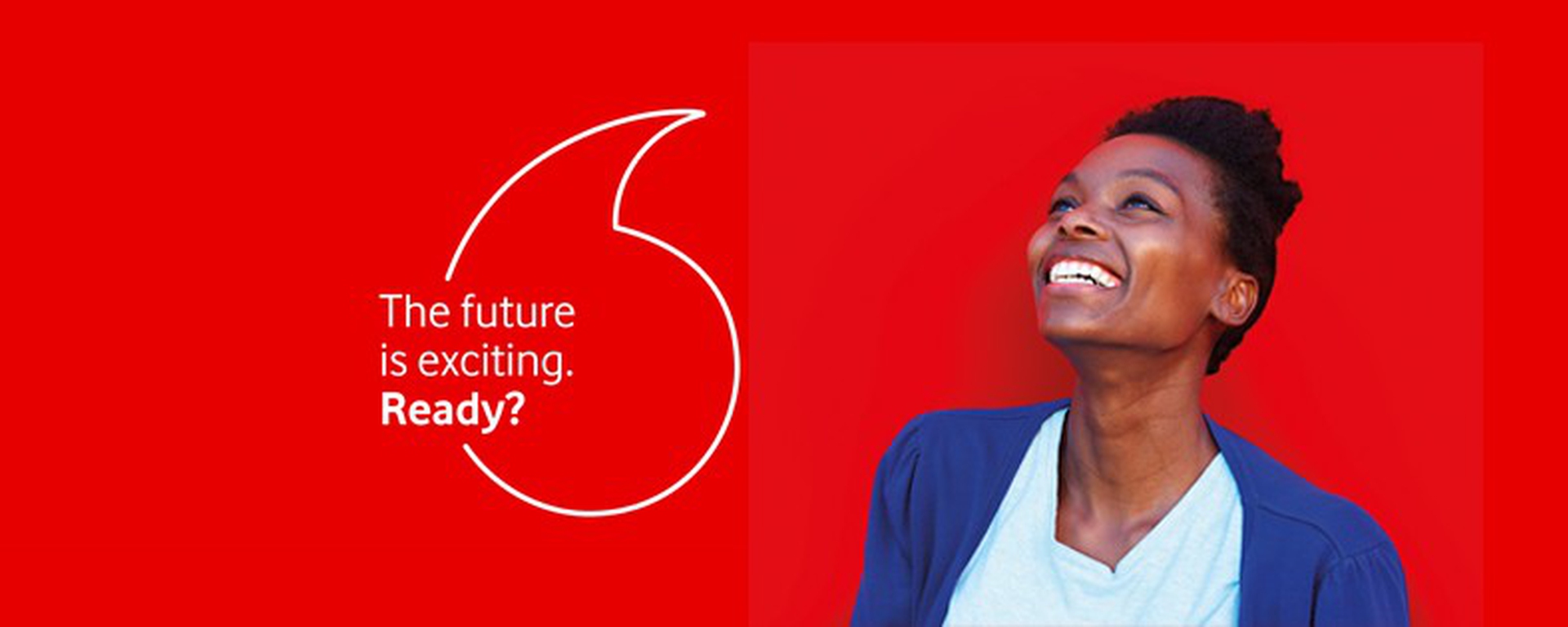Technology has moved the conversation surrounding driving to another level. Autonomous driving, a task that seemed mission impossible previously is now more than ever, a possible venture.
Commercial self-driving car services saw a major leap at the latter part of 2018 when Google spin-off Waymo officially started offering commercial self-driving car services in suburbs of Phoenix.
The world, however, still has a long way to go with this technology. Until then, humans will be doing the driving.
Gender equality and parity has been a topic of discussion around the world and it is no different in driving. Based on statistics from the World Bank, women’s labour force participation fell to 49% in 2016 with women more likely to work in the informal sector and spend at least twice as much time as men on unpaid domestic work and care activities.
For these gender disparities, Ghana is no different when it comes to driving. There is no law in the West African country banning women from driving.
However, more men are seen on Ghanaian roads than women. Despite the increase in women drivers for private vehicles, finding commercial women drivers on Ghanaian roads is a different narrative.
Rita Owusu Obeng, known in her work circles as Akua is trying to change the narrative in her own small way. Akua studied fashion and design but has a love for driving. The young woman tells Pulse.com.gh how she was inspired to learn how to drive.
I was staying with my aunt after school. She had a car but did not know how to drive. I made up my mind to use the opportunity to learn how to drive and then went to a driving school,” she says.
Akua did not have any major challenges learning how to drive in Ghana irrespective of the stereotypes surrounding women in driving, a stereotype that has been calmed by many findings over the years.
Various studies over the years have proven that women are actually better drivers than men. In a study by Ole Johansson from the Institute of Transport Economics in Norway, women are less likely to be distracted while driving than men.
Another study by the Driver and Vehicle Licensing Agency (DVLA) in the United Kingdom showed 84% of 1,840 drink-driving offences were men with another 69% of men making the list of 1,703,079 over speeding offences.
With Adwoa’s love for driving and natural conviction that women are better drivers than men reigning supreme in her school of thought, a suggestion from her car dealer to get into Uber as a driver was effortlessly welcomed.
“I love driving and just decided to be an Uber driver when the opportunity was presented. Also, I wanted to encourage other young ladies on commercial driving,” Akua said to Pulse.com.gh.
In a study by International Finance Corporation titled Driving Toward Equality: Women, Ride-Hailing and The Sharing Economy, 64% of women drivers surveyed believed safety and security concerns prevent more women from signing up as commercial drivers.
Ghanaian Uber driver Akua (Rita Owusu Obeng) has not experienced any security or safety issues since she started commercial driving but the periodic rude behaviours of riders that apply to all gender.
“I haven’t had any (peculiar) challenges but some of the riders are very rude and don’t give us respect,” Akua explains.
She adds that she does get cancellation of trips but can’t confirm if riders do cancel because they see a woman driver.
On the general treatment she usually receives from riders and people she drives, Akua discloses she is treated well with most people being happy that a woman is driving the car.
“They (riders) treat me very well and most of them are happy when a lady is driving them and they say they feel safe too,” the Uber driver continues her story.
Aside from balancing the gender meter to improve on the number of women in driving, she is also using her commercial driving as a means to better her life. Akua outlines that hard work in the business she does pays.
“The business is very lucrative if you’re not a lazy person,” Akua told Pulse.com.gh in the interview.
“I do save my earnings at the bank. I also use a part to take care of myself and my family,” she adds.
Ghana’s total unemployment rate of 11.9% has over 1.2 million estimated unemployed according to the Labour Force Survey Report by the Ghana Statistical Service (GSS).
The breakdown of the statistics shows about 714,916 representing 57.2% are females with 535,997 representing 42.8% males. The analysis of unemployment data in Ghana emphasizes the point that women inclusion is a topic worthy of discussion in the West African country.
Gender balance in Ghana’s education system has seen a major improvement with a continuous focus on its progress. However, the nation is not entirely at the peak of gender equality in relation to balancing for a better life.
Out of the 275 Members of Parliament (MPs) in Ghana, only 36 of the entire members are females showing an under-representation in Ghana’s legislature. This runs in various sectors in the country.
Akua, one of Ghana’s few commercial women drivers admonishes her fellow women to take the change one step at a time and in their own small way, having an effect on the unemployment rate and bettering their lives for a greater good through determination.
“I will advise all women who know how to drive and are staying home doing nothing to join me,” Akua tells Pulse.com.gh. “They can change their lives”
On the 2019 International Women’s Day which is themed #BalanceForBetter, Akua has a simple message that has been heard over and over again. Just that this time, she wants women all around the globe to take it a step further by initiating the execution process.
“What a man can do, a woman can do better. We should all try and give men a good competition in all aspects,” Akua ends on a very empowered mood.




